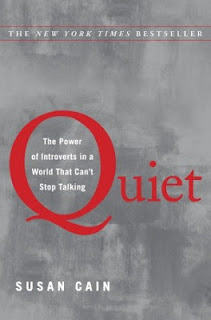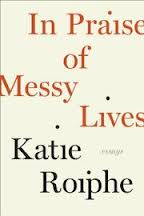Jan Wong
Jan Wong’s self-published book Out of the Blue is a sobering read.
Focusing on the tragic circumstances of her descent into the hell of depression
and anxiety following vitriolic criticism of her Dawson shooting coverage, Wong
provides an incredible overview of the research and the lived experience of
this debilitating condition. The dragging, all-encompassing ability of
depression to snuff out hope and true rational thought is brilliantly described
and analysed in Wong’s work.
Her chaotic fear of a possible sniper—a
sobbing mess, she races from her own garage to the doorstep of her home, screaming
to be let in—is a tipping point. And Wong’s brilliant but tragic recounting of her
journey accompanying her son on a Scandinavian hockey tour is one of her many
reflections on the destructiveness of the disease on family life.
Wong’s horror at not being able to write
as a result of her illness, her skewed logic, and her uncharacteristic memory
lapses are painstakingly described. I found Wong’s descriptions all the more
vivid, having also suffered a major depressive episode; however, I was lucky to
have an employer who supported me and my recovery. Wong unveils the shocking cut-throat
corporate culture of the Globe and Mail
and its grossly unsympathetic handling of mental illness.
Out
of the Blue celebrates
the fighting spirit of a journalist whose curiosity and critical thinking
skills never fully desert her, but it is also a call to demand more humane work
environments where recovery is possible and, even more crucially, where prevention
is considered an essential part of
productivity.
- Rossyln Bentley

















